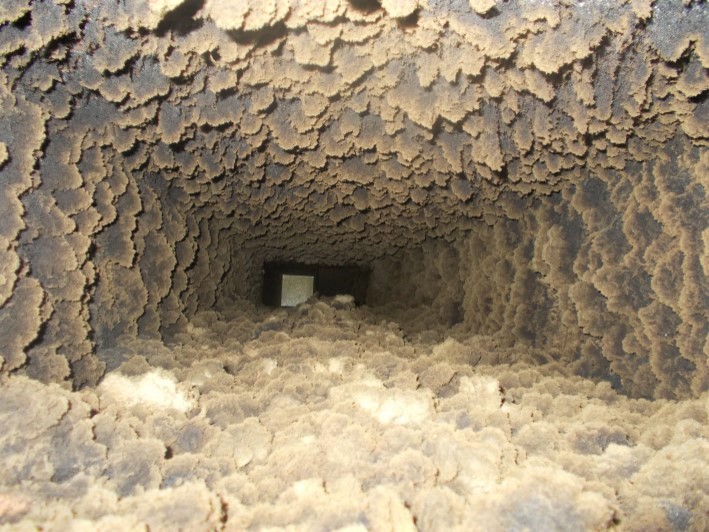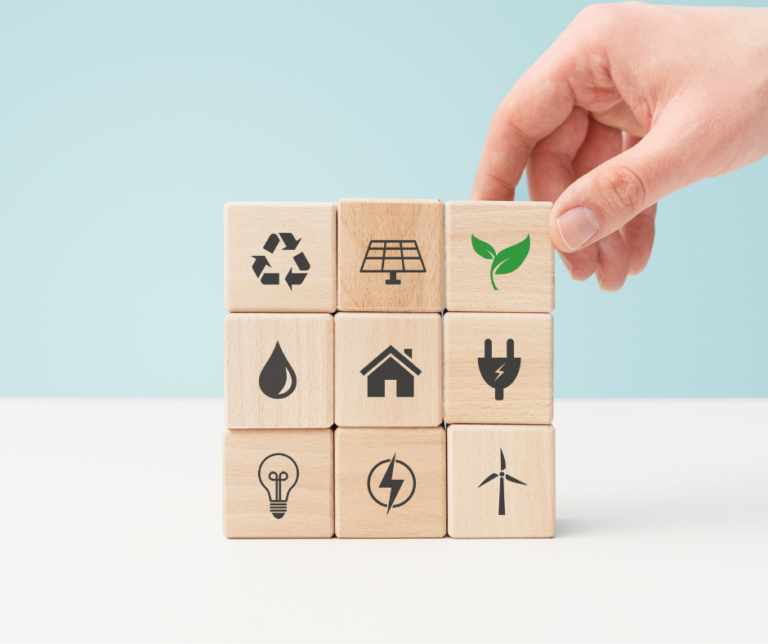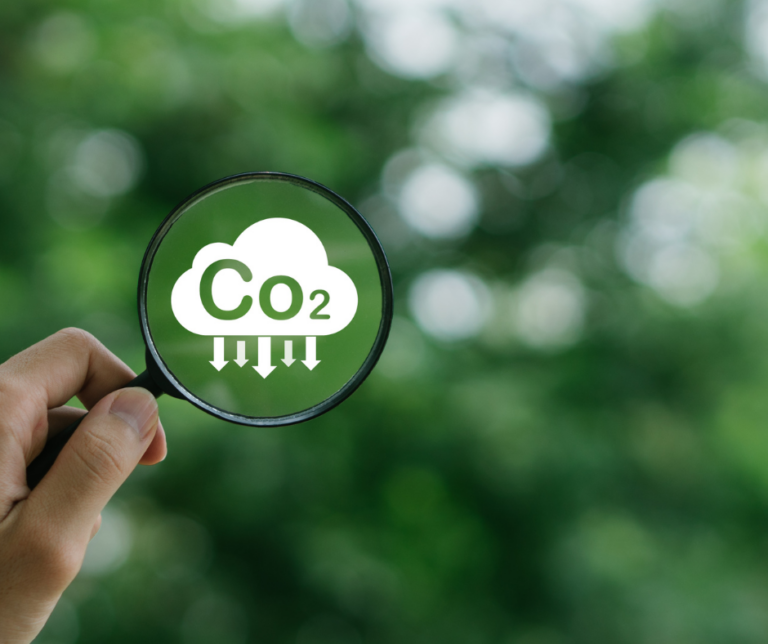Sick Building Syndrome or Building-Related Illnesses?
Some people might think that Sick Building Syndrome (SBS) is the only issue related to workplace health and safety, but that’s not the case. SBS is indeed a significant concern, but it’s not the most severe when it comes to indoor air contamination. In fact, when air conditioning systems are dirty, they foster the development of viruses, bacteria and fungi, leading to poor air quality and negative health consequences. We are referring to Building-Related Illnesses (BRI).
What are Building-Related Illnesses?
Building-Related Illnesses represent a category of health issues that can be attributed to spending time in a particular indoor environment. These illnesses are caused by exposure to pollutants (like dust and chemical contaminants) present in the building. In contrast to SBS, where there are no specific symptoms, but only general discomfort, BRIs are characterized by specific health conditions.
Building-Related Illnesses’ Symptoms
As previously mentioned, BRI’s are much more severe than Sick Building Syndrome. In fact, they present a consistent clinical profile, a well-identified etiology, specific clinical and laboratory indicators and, most importantly, people who suffer from a Building-Related Illness need prolonged recovery after leaving the building. To achieve the patient’s recovery, contaminating agents must be totally removed. Here are some examples of illnesses associated with this category:
- Infectious Diseases: Legionellosis, Pontiac fever, flu-like symptoms, tuberculosis;
- Allergic Syndromes: Bronchial asthma, dermatitis, rhinitis, contact urticaria, extrinsic allergic alveolitis;
- Immunological Diseases: Hypersensitivity pneumonitis, Humidifier fever.
HVAC, Poor Air Quality and BRI’s
Studies conducted over the past twenty years by the World Health Organization (WHO) demostrate that chemical and biological contaminations caused by bad hygiene management of HVAC systems are one of the leading causes of Building-Related Illnesses.
There’s a full list of pollutants that penetrate indoor enviroments through HVAC systems and pose a threat to huma health. Click on the button below and have a look at the official list!
Keeping HVAC hygiene under control and cleaning ventilation systems when they become contaminated is the primary method to avoid poor indoor air quality and prevent dangerous diseases. However, there is an even more effective way to win the war against BRI’s and that way is HVAC predictive maintenance.

Remotair – HVAC Predictive Maintenance
Take a look at the pictures in this article: you’ve have surely noticed the dirtiness of the air ducts that were photographed. Instead of cleaning them after contamination has already appeared, it is possible to avoid they get dirty. How? New technologies are emerging, and among them, there’s Remotair, the only artificial intelligence and machine learning-based system in the world that predicts when your HVAC system will need cleaning before it reaches dangerous levels of contamination. The notification is automatic: you will just need to contact the duct cleaners and schedule an appointment.
Send an e-mail to info@remotair.com and get a free demonstration!





